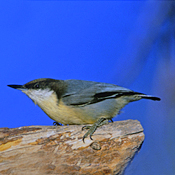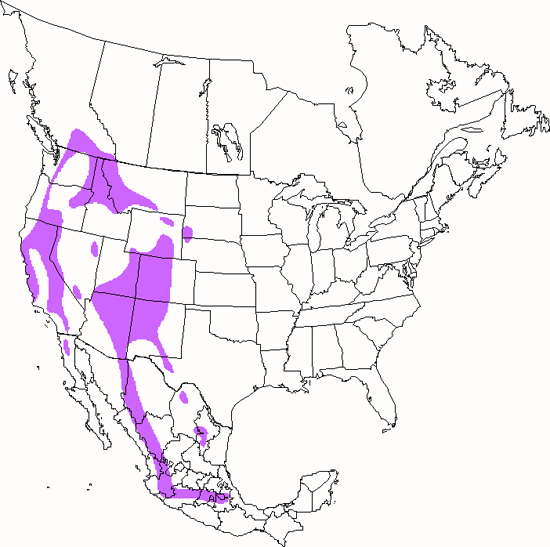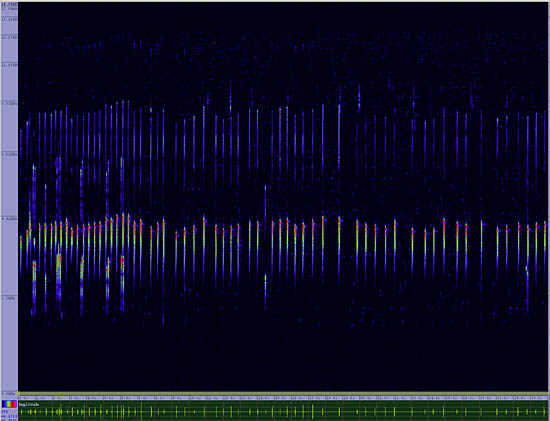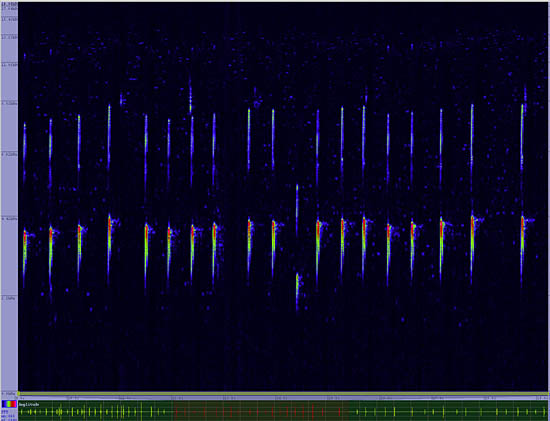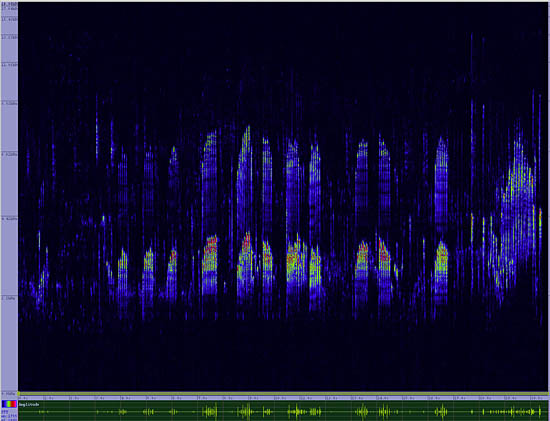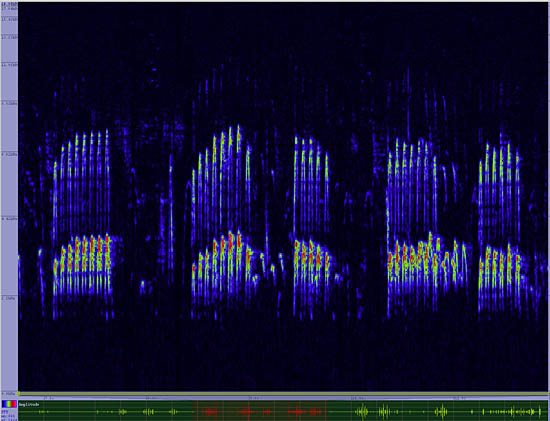Pygmy Nuthatch
Sitta pygmaea

Tree Clinging
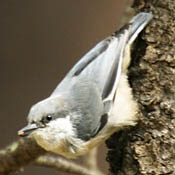
Length: 4 in. (11 cm )
Small flocks of this noisy and curious nuthatch roam pine forests, often in the company of woodpeckers, chickadees and warblers. In winter the Pygmy Nuthatch often roosts at night in small groups in the same tree cavity. The nest is a tree cavity lined with plant material, hair and feathers. Food consists of insects, spiders and pine cone seeds.
The four-digit banding code is PYNU.
Bibliographic details:
- Article: Pygmy Nuthatch
- Author(s): Dr. Biology
- Publisher: Arizona State University School of Life Sciences Ask A Biologist
- Site name: ASU - Ask A Biologist
- Date published:
- Date accessed:
- Link: https://askabiologist.asu.edu/activities/bird/pygmy-nuthatch
APA Style
Dr. Biology. (). Pygmy Nuthatch. ASU - Ask A Biologist. Retrieved from https://askabiologist.asu.edu/activities/bird/pygmy-nuthatch
Chicago Manual of Style
Dr. Biology. "Pygmy Nuthatch". ASU - Ask A Biologist. . https://askabiologist.asu.edu/activities/bird/pygmy-nuthatch
Dr. Biology. "Pygmy Nuthatch". ASU - Ask A Biologist. . ASU - Ask A Biologist, Web. https://askabiologist.asu.edu/activities/bird/pygmy-nuthatch
MLA 2017 Style
Be Part of
Ask A Biologist
By volunteering, or simply sending us feedback on the site. Scientists, teachers, writers, illustrators, and translators are all important to the program. If you are interested in helping with the website we have a Volunteers page to get the process started.

